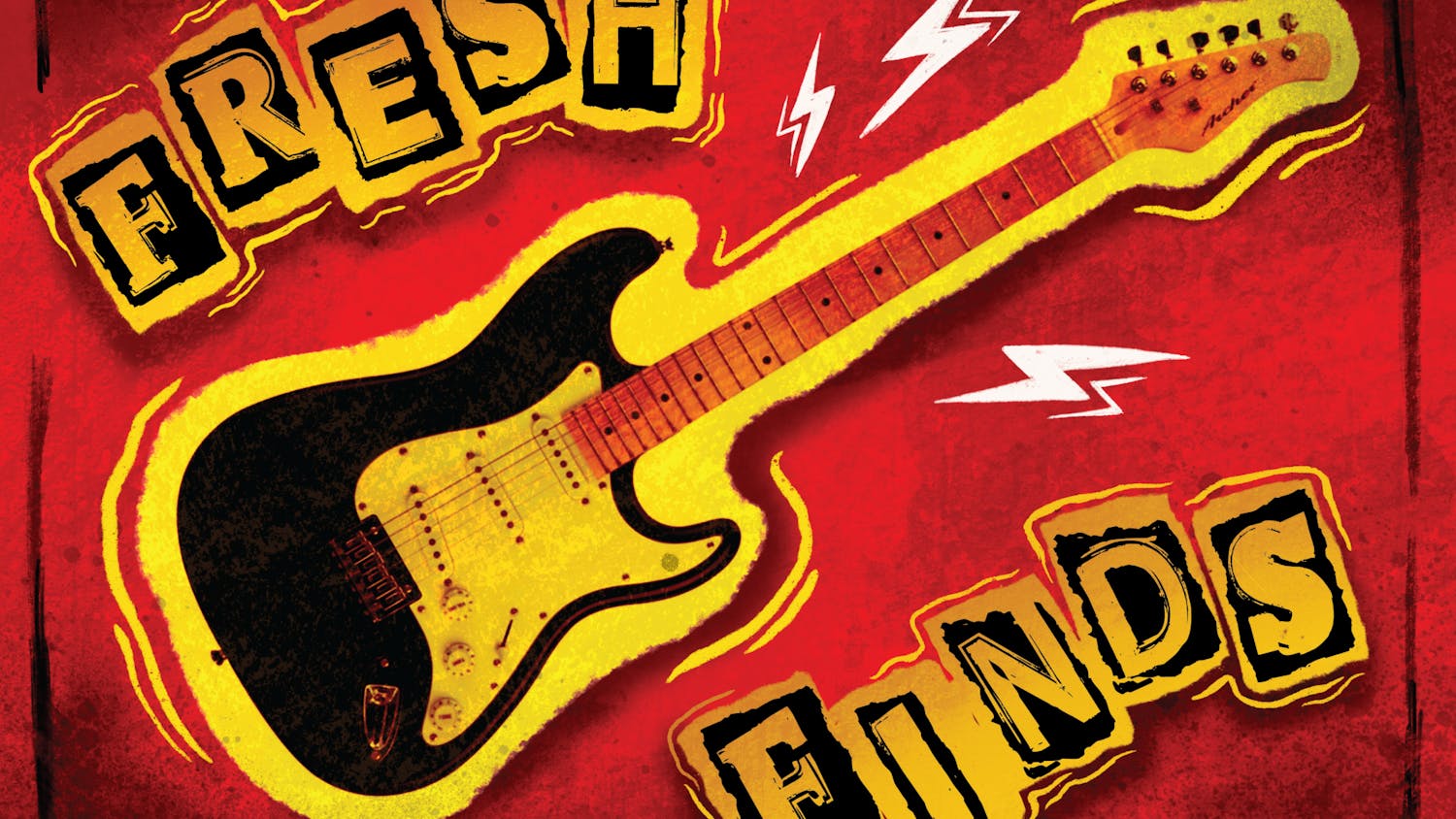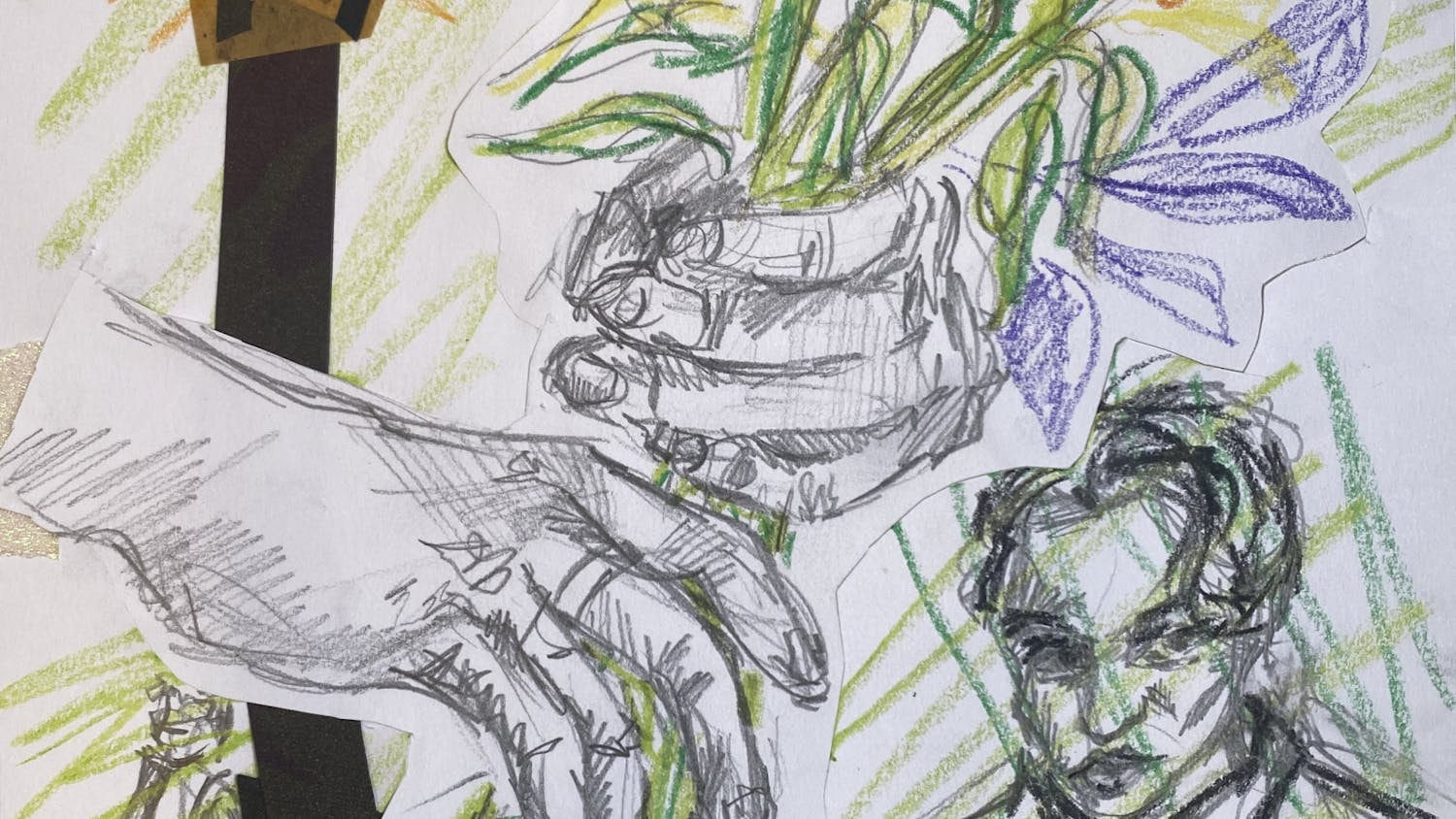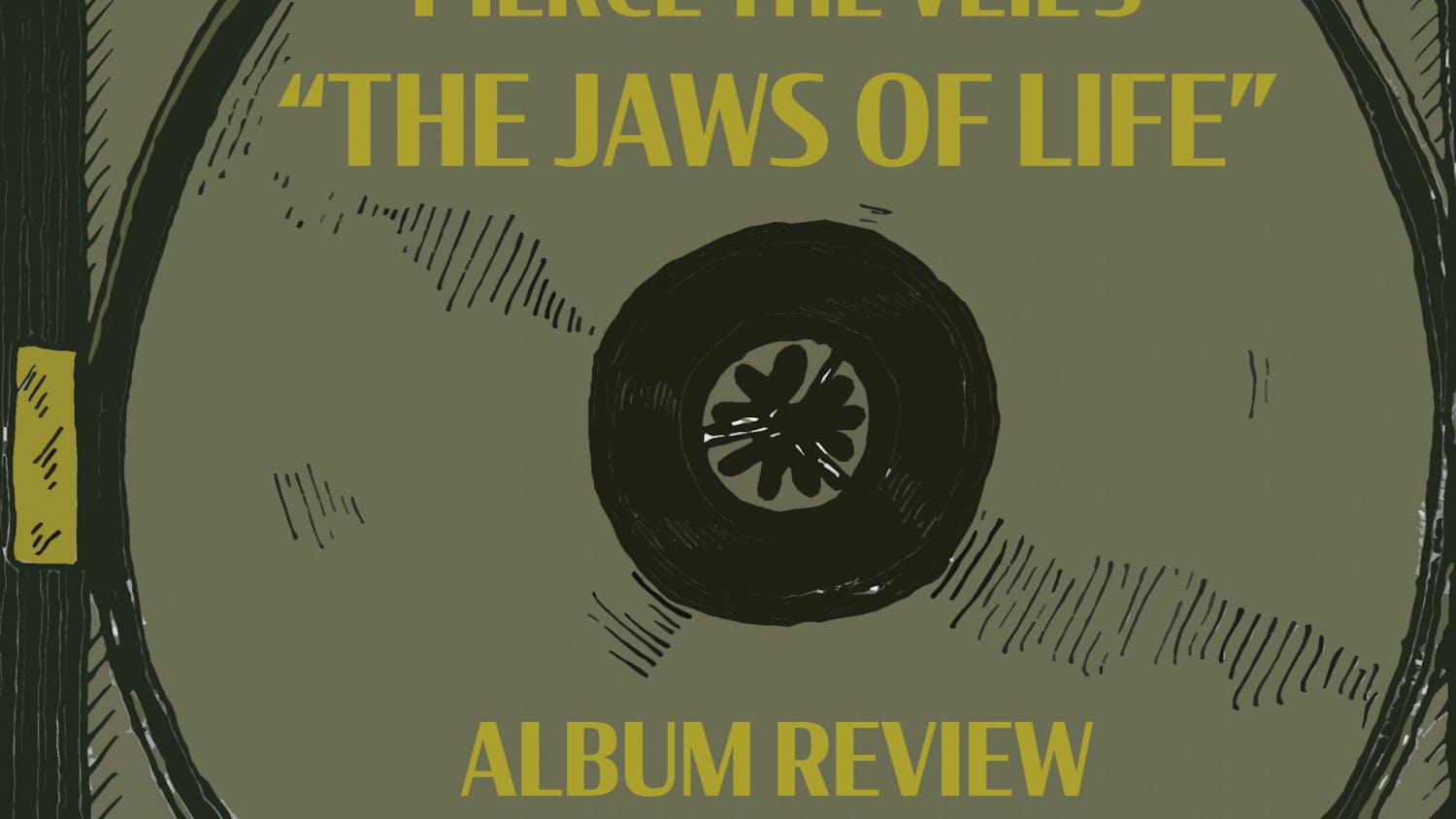After the messy breakup of The Beatles in 1970, all four artists continued to create music, each branching off into their own style.
Here’s how each member fared outside the band:
George Harrison
George Harrison found the most success of any of The Beatles right out of the gate. Shortly after the breakup, he released the triple album "All Things Must Pass," with smash hits such as "My Sweet Lord" showcasing his new musical style, one dominated by guitars and Indian influence, with phrases like "Hare Krishna" popping up in songs. This quickly established Harrison as a major player to watch, continuing throughout the early '70s with the release of the live album "Concert For Bangladesh" and "Living in the Material World," which effectively cemented him in music history as a successful solo artist.
In the mid-'70s, though, Harrison plateaued with the release of "Dark Horse." This plateau, though, did not last long, with Harrison quickly coming back into the limelight with the release of the album "Thirty Three and a Third," with songs such as "Crackerbox Palace" and the single "This Song," putting him back on the charts. Furthermore, "All Those Years Ago," a song for his murdered former bandmate John Lennon, pushed his 1981 album "Somewhere in England" back into the public consciousness.
However, he soon disappeared again from the music scene, staying relatively quiet until his album "Cloud Nine" was released in 1987. More notably, though, he began to work with the supergroup, The Traveling Wilburys, consisting of Harrison, Roy Orbison, Bob Dylan, Jeff Lynne and Tom Petty. After just two albums, the band dissolved partly due to Orbison's death. After this, Harrison receded again from the limelight, instead working on an anthology album with the surviving Beatles and producing his friend and influence Ravi Shankur's album "Chants of India."
Shortly after, Harrison, unfortunately, passed from throat cancer in 2001, leaving a massive mark on the music scene both in his time with the Beatles and with his distinct Indian-influenced and guitar-driven solo work.
John Lennon
Despite a very short run outside The Beatles, John Lennon boasts an impressive repertoire of solo work, both on his own and with his wife, Yoko Ono's group, the Plastic Ono Band. Shortly after The Beatles' breakup, Lennon worked on the 1970 album "Plastic Ono Band," which received mixed reviews due to the piece's vulgarity in songs like "Working Class Hero." The album's controversial sentiments were not received well by many, aside from the emerging New Left of the 1960s and '70s. As a result, the album's success paled compared to the reception of Harrison's "All Things Must Pass" and McCartney's self-titled album.
However, the album put Lennon on track for a politically-charged musical style, which continued with the iconic "Imagine" album of 1971, embracing a more conventional sound while maintaining the raw catharsis and political lyricism of his previous work. Furthermore, the album also included the track "How Do You Sleep?" written as a response to McCartney's "Too Many People" and the legal dissolution of their songwriting partnership. As a result of the more digestible sound and the hit title track, Lennon found more success, with the album reaching number one on the charts in multiple countries.
After the release of "Imagine," Lennon worked with his wife's band on its album "Sometime in New York City," which received harsh reviews for the extremely political lyrics, use of the N-word, and controversial cover art, which featured a nude Richard Nixon and Mao Zedong dancing. His next solo album, "Mind Games," didn't fare extremely well either; it was slightly better received, likely for its much less politically charged lyrics.
Shortly after, Lennon and Ono ran into marital problems, leading to an 18-month separation. However, this solitude allowed Lennon to make a comeback with his 1974 album "Walls and Bridges," which quickly made its way up the charts and thrust the single "Whatever Gets You Through The Night" to number one.
However, after this, Lennon opted to record an album composed of older songs, notably "Stand by Me," by Ben E. King. The album "Rock N' Roll" received modest success but would be the last bit of music put out by Lennon for several years, as he reunited with Ono, who gave birth to their son Sean later that year, which the two took significant time off to raise. They then returned five years later with the album "Double Fantasy," which was meant to be the start of their next comeback. Just a few weeks after the album's release, Lennon was shot and killed by Mark David Chapman on Dec. 8, 1980, putting a tragic end to his career.
Paul McCartney
Paul McCartney arguably found the most success as a solo artist outside The Beatles. However, it did not start that way, as his first solo album, "McCartney" (which was released before the official breakup of The Beatles), was negatively received aside from the ballad "Maybe I'm Amazed." His 1971 album, co-created with his wife Linda, "Ram," was similarly received, especially with songs like "Too Many People" containing not-so-subtle digs at his former bandmates, particularly John Lennon.
However, things soon changed. Paul and Linda McCartney, guitarists Denny Laine and Henry McCullough, and drummer Denny Seiwell formed a new band that quickly got to work. After a somewhat average reception of the band's first album, "Wild Life," it quickly shot up the charts in both the UK and the U.S. with its 1973 album "Red Rose Speedway." It continued its streak of success with "Band on the Run," notably for its title track and the quirky rock-orchestra style single "Jet." Furthermore, its 1975 album "Venus and Mars" also peaked at number one in several countries, and its 1976 album "Wings at the Speed of Sound" found similar success. However, the band soon stagnated with its 1978 album "London Town," which was unfavorably reviewed by critics. The band's 1979 album "Back to the Egg" found a similar fate, and the band dissolved shortly after.
After the dissolution of Wings, McCartney returned home and began work on "McCartney II," which also was not a critical success. However, the streak of poor reception changed with the release of 1982's "Tug of War," which took a much different approach than McCartney's first two solo albums. Rather than doing most, if not all, of the music himself, he worked with several musicians, most notably former bandmates Ringo Starr and Stevie Wonder. The album also contained the song "Here Today," which was a tribute to John Lennon after his murder in 1980. It quickly shot up the charts again and thrust McCartney back into the limelight. This marked the beginning of a very consistent output of music from McCartney. Today, he has collaborated with many artists, including Michael Jackson, Rihanna, Kanye West, Dominic Fike and Phoebe Bridgers.
Ringo Starr
While his discography may not have had the immense staying power that his former bandmates had, Ringo Starr put out 20 studio albums and several hit singles at a rather consistent rate since the band's dissolution. He started with his 1970 album "Sentimental Journey," which was unfortunately overshadowed by McCartney's self-titled album being released shortly after. Starr then pivoted to a less poppy and more country style in "Beaucoups of Blues," which was received more positively.
In 1973, though, Starr released his own self-titled album "Ringo," which notably featured all four Beatles on different tracks, multiple guest musicians, and the hits "It Don't Come Easy" and "Photograph." It soared to the tops of multiple charts very quickly and thrust Starr back into the limelight as a capable musician. The next year, he released "Goodnight Vienna," packed with even more guest musicians, notably Elton John and Billy Preston. While it did not receive the same commercial success as his previous album, it was still well-received. However, this was the end of Starr's hot streak, as his next albums failed to chart in Britain, and he encountered a slew of health issues and accidents that nearly took his life.
His luck changed in the late '80s with the formation of the All-Starr Band, a supergroup composed of a shifting cast of musicians, most notably Billy Preston, Joe Walsh and his son Zak. The band toured several times (and are still touring in 2023). Furthermore, his album "Vertical Man" charted in Britain in 1998, making it the first time he made it on the charts in his home country in over 20 years.
Since then, Starr has been putting out albums every few years and continues to do so today.






